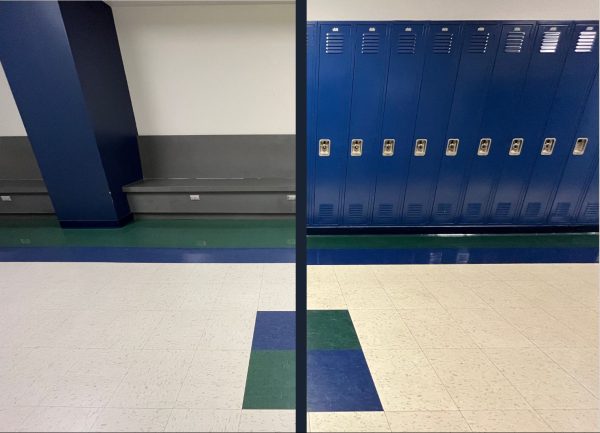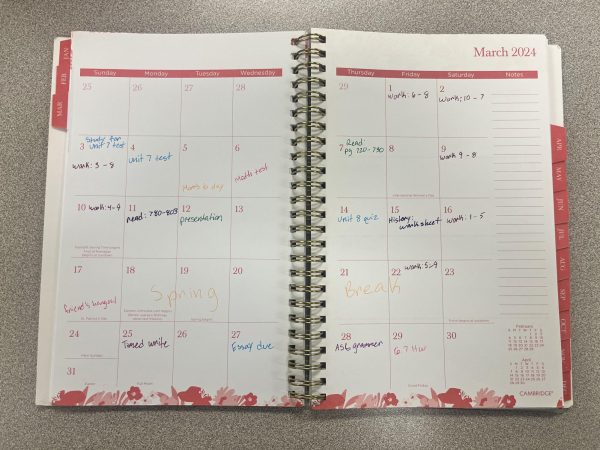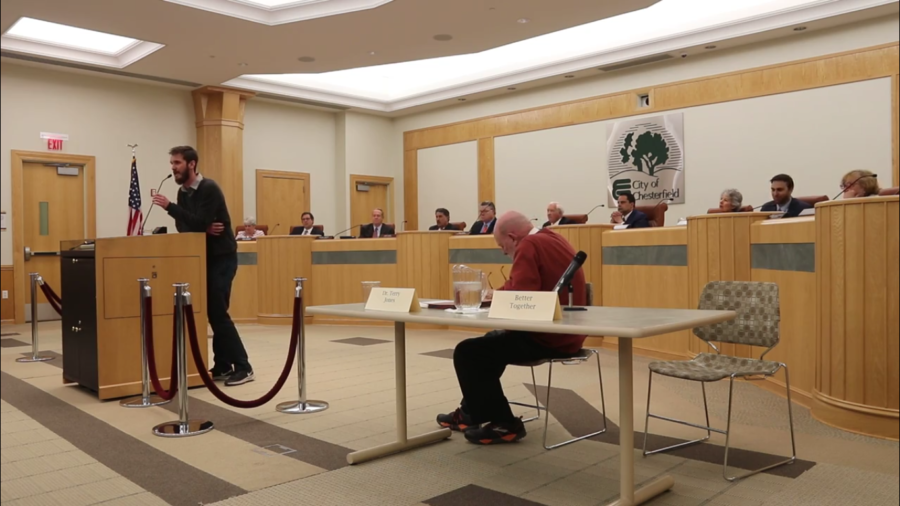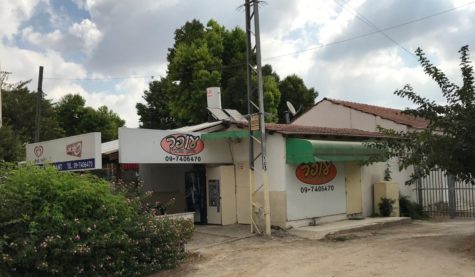Michael’s Manifesto: Better Together is What Region Needs
Media by Michael Schmitz
Will Kruger, a representative from the Better Together campaign, presents the organization’s argument before a Chesterfield town hall meeting on April 15. “Better together was founded in 2013 to look at the municipal structure in St. Louis and try to understand what was working well, what was working poorly, and what lessons we could learn from cities that have consolidated,” he said. “The researchers of Better Together have identified that St. Louis has a number of very serious problems, many of which are directly tied to our structure.”
Some people at MHS might be into baseball, soccer or ultimate frisbee. Others here might like rap, rock, pop or EDM as their music. Some people might see themselves as jocks, skater kids, or theatre geeks. Simply put: there’s a lot of diversity at MHS.
The one thing that does undeniably unify every one of us is that we’re all from St. Louis, regardless of whether our homes are in Ballwin, Eureka, Chesterfield or St. Louis City.
Currently, a campaign by the name of Better Together is lobbying the St. Louis public with the intent of unifying the St. Louis County and City into a single administrative district. The organization intends to place the initiative on the 2020 ballot, reforming the Missouri Constitution to unite the two entities. The two have been administratively split since 1876, giving rise to a County area with 90 separate municipalities.
I was raised in Chesterfield and have lived here for as long as I can remember, but all I’ve ever wanted was to see St. Louis thrive. I believe that this initiative is a way forward for that future.
In my community people have treated St. Louis City as only a place for people to watch baseball games or show out-of-town visitors the Arch – nothing else. In changing the administrative landscape of the region, Better Together seeks to bring resources back to St. Louis City and unite the Greater St. Louis area. I was raised in Chesterfield and have lived here for as long as I can remember, but all I’ve ever wanted was to see St. Louis thrive. I believe that this initiative is a way forward for that future. — Michael Schmitz
At the April 15 Chesterfield town hall that was hosted to hear public opinions on the Better Together proposal hecklers from the crowd said that St. Louis City’s debt was its own fault and that it wasn’t Chesterfield’s problem.
I wish for St. Louis to become a Chicago with sprawling skyscrapers and sidewalks full of opportunity, but how can that happen if we refuse to support the city?
The Better Together campaign has based its proposal on the claim that it could save $750 million compared to the current municipal system (this being due to current inefficient administrative costs), create a unified economic plan for regional growth and establish a collectively more accountable St Louis police department. According to the campaign, under their plan, the new metropolitan city would be the 9th most populous in the country.
Beyond just saving money, Better Together’s argument is that St. Louis could rid itself of its poor reputation with the opportunities provided by a merger. Municipal governments also would no longer feel the need to compete for lower tax rates to individually attract business, but instead would be unified in their approach to reinvigorate the region’s economy. Businesses would no longer have to make careful decisions about which municipality they set up shop. Tax policy and business incentives would be unified – much of the red tape for expanding one’s business in the St. Louis area would disappear.
Lastly, the Better Together campaign makes the point that more centralized government services would have greater accountability. Better Together has said that certain municipalities in the County are motivated by budget deficits to set police ticket quotas and prop up their governments, contributing to hostile community-police relations as seen in Ferguson. Better Together claims that with their proposed centralized police department and elimination of municipalities, these tactics would become extinct.
Many St. Louis County officials and civil experts are quick to dispute these claims. At the town hall meeting, Dr. Terry Jones, Professor Emeritus at the University of Missouri – St. Louis and public opponent to Better Together, pointed to other City-County mergers in the U.S. which actually increased administrative costs. He said the consolidation of city and county governments in both Nashville and Louisville has decreased efficiency and created unnecessarily large bureaucracies. Jones said these costs paired with Better Together’s planned rebate of their “$750 million savings” would bring the region into a budget deficit.
I support Better Together because without it I only see St. Louis becoming more divided. The suburbs should support the city with their taxes. In the short run, it might be expensive, but the reforms and projects needed for such a renaissance can only be supported with the County’s money.
St. Louis is where I have lived thus far, but without the promise of a better future, I feel forced to leave it behind me. As a young adult, I’ll want to live in a cosmopolitan jungle of opportunity, something St. Louis is very far away from.
In 2020, I’ll vote in favor of this proposal because I see it as the only way forward, despite its logistical drawbacks. To me, St. Louis is more than a geographical location. It’s part of my identity.
Your donation will support the student journalists of Marquette High School. Your contribution will allow us to purchase equipment and cover our annual website hosting costs. You may become a PATRON by making a donation at one of these levels: White/$30, Green/$50, Blue/$100. Patron names will be published in the print newsmagazine, on the website and once per quarter on our social media accounts.

Michael Schmitz, senior, is a foreign correspondent for the Messenger. During his time in Israel, he will utilize his background in political analysis...












